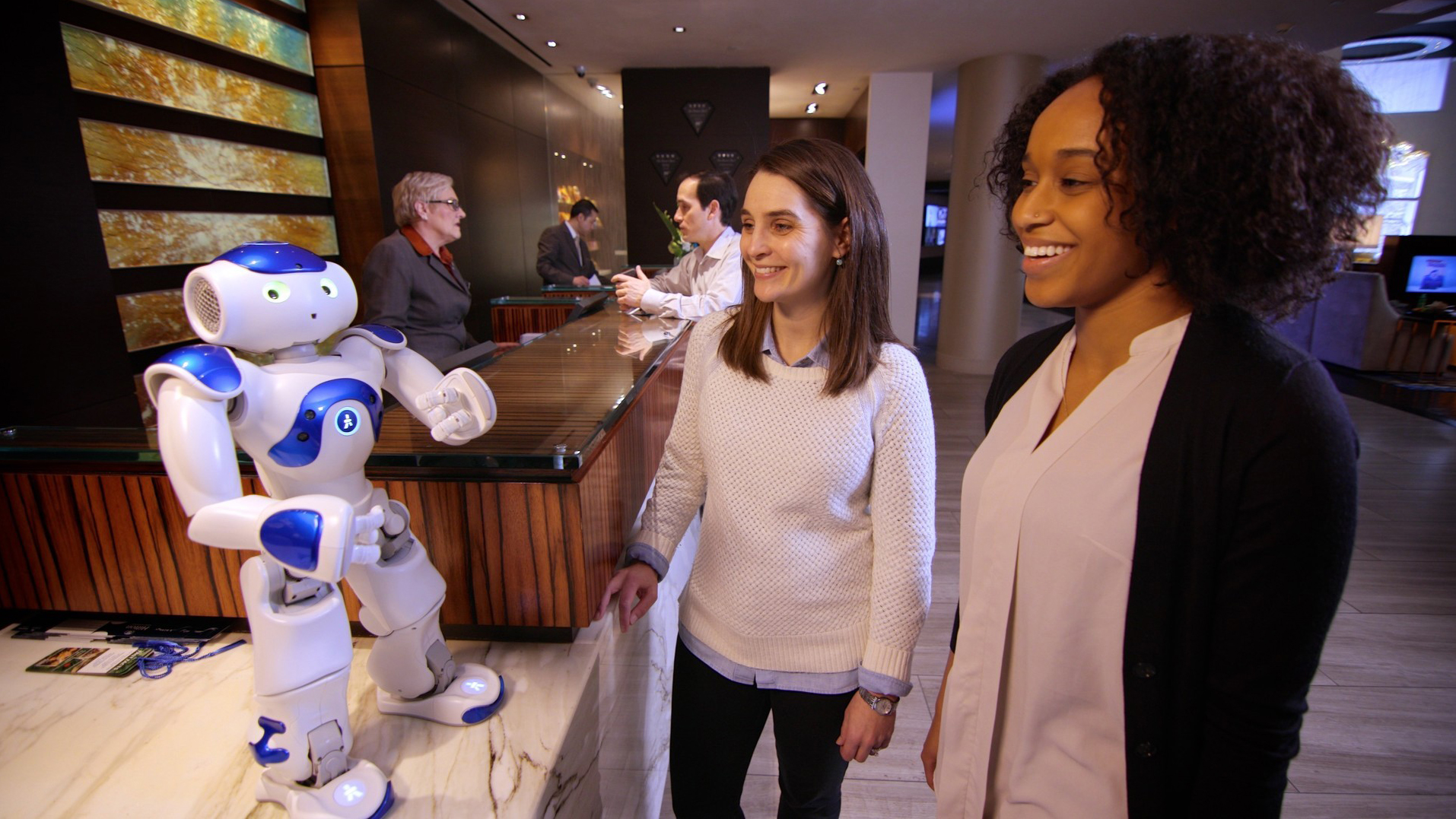

It's clear that AI will soon have an impact on our everyday lives, from commuting to consuming to controlling your smart home. But it'll also have an impact on the less ordinary events, like holidays.
Artificial intelligence has massive potential to make travelling safer, easier, and more relaxing. How could you argue with that?
- 5 great AI-powered home devices that will improve your life today
- 7 things we hope Google Home will be able to do in five years
Here are several ways artificial intelligence is currently having an impact on travel, and where it could potentially go in the future:
Choosing the right destination
Needless to say, there are almost endless options when it comes to traveling: you don’t only need to choose your destination, but you also need to choose flights, accommodation, dates, and things to do while you’re there.
In the past you’d have gone to a travel agent, and more recently you’d have been served ads for locations based on your Google searches. Google is now taking this a step further, for example, giving ‘Date Tips’ that suggest cheaper travel times on Google Flights.
With the recent rise of chat bots, soon we’ll see virtual travel assistants, where you can communicate using natural language to make relevant booking decisions.
This could be helpful if you don't have a location in mind. Simply tell the chatbot what you like and what you dislike, and it will be able to make recommendations, then take you through to booking the flights and hotels.
Sign up to the T3 newsletter for smarter living straight to your inbox
Get all the latest news, reviews, deals and buying guides on gorgeous tech, home and active products from the T3 experts
This will be a much more natural way of booking a holiday or business trip than the current forms you need to fill out.
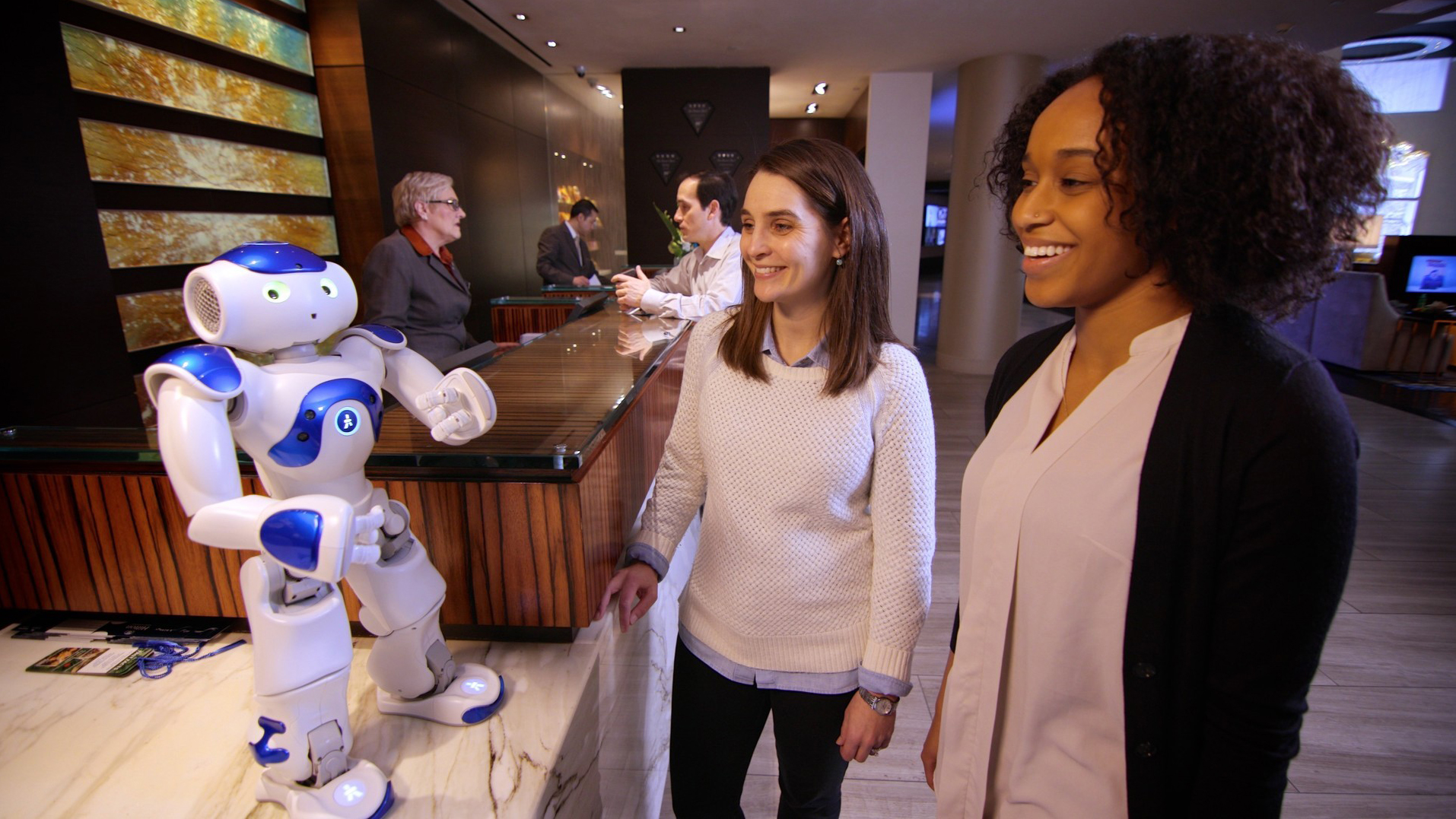
Hello, my name is Connie, an AI powered robot concierge
Your personal travel assistant
Booking isn’t the only area chatbots will have an impact. You can also expect to see these helpful AI interfaces pop up during your holiday as well.
For example, KLM Royal Dutch Airlines currently allows travellers to receive booking confirmations, check-in notifications, boarding passes and flight status updates via a Facebook Messenger bot.
This should help take the stress out of traveling, as you’ll get instant responses to questions and queries rather than waiting for a human to reply.
Similarly, while you’re on holiday AI will help you discover what to do. A basic form of this is the Explore feature in Google Maps, which recommends highly rated things to do near your location.
Hotels are taking taking this a step further with robotic concierges.
Hilton is currently testing Connie, a robotic concierge powered by IBM’s Watson and WayBlazer’s domain knowledge. It’ll answer guest questions about hotel facilities, services, and local attractions.
The Cosmopolitan in Las Vegas also has an AI concierge, named Rose. Guests are given Rose’s phone number when they check in, so they can text it with any hotel inquires.
This is not only good for travellers, as it means you’ll get instant replies, it’s also good for the hotel employees, as they’re not constantly answering questions about where to find the ice machine.
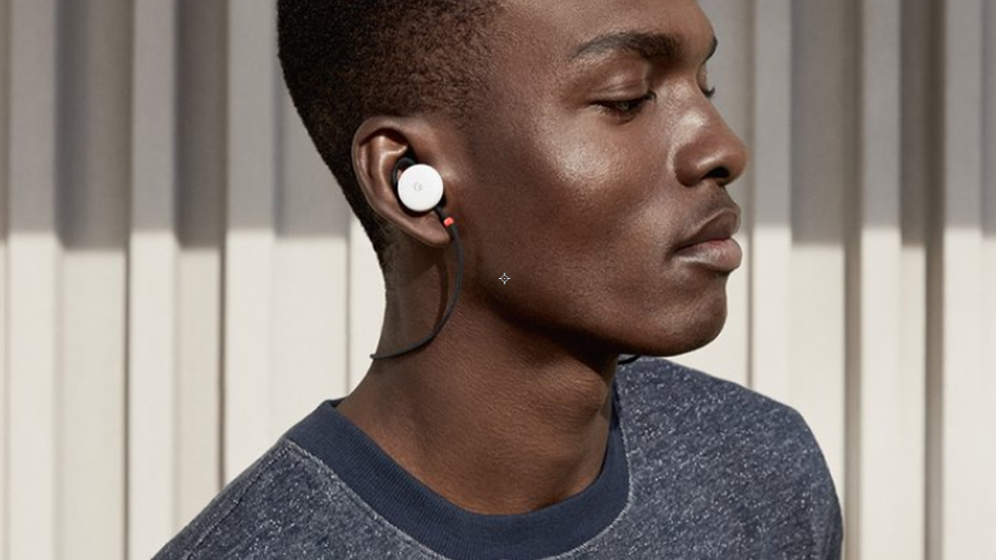
Google's Pixel Buds feature realtime audio translation
Understand the locals
The language barrier can sometimes be the hardest thing to overcome when traveling, but technology is making an impact in this area as well.
We’ve had Google Translate for a while now, which is able to instantly convert over 100 languages. This can even be done using your smartphone’s camera, with the ability to point it at a foreign sign or menu, and get an instant translation, without even needing to tell Google what language you’re trying to convert.
This could become even more powerful when augmented reality (AR) glasses take off, as you wouldn’t even need to raise your phone for the translation — it’ll automatically be projected into your vision.
We’re also starting to see spoken work translation, with intelligent earbuds like the Google Pixel Buds and Bragi Dash Pro. These wireless buds listen for foreign languages, and relay the translated message into your ear. It’s a bit clunky right now, but the potential is massive.
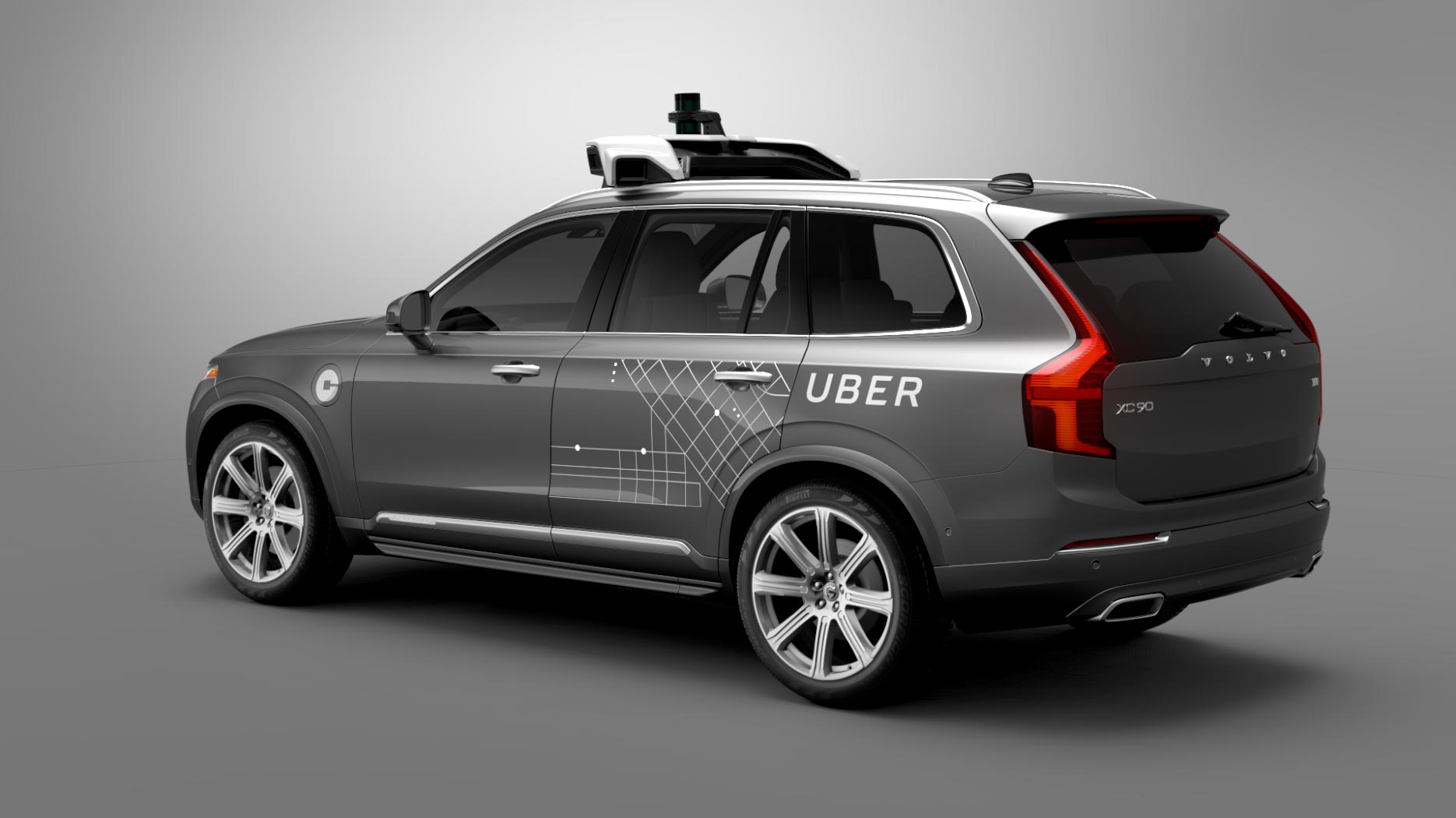
Self driving taxis will be more efficient and safer than traditional taxis, one day
Getting around
Getting around an unknown place can be very daunting, but apps like Citimapper and Uber are already here to make it a bit easier.
Trainline is another company using bots help people while travelling. From research, to search, booking and the actual travel, the Trainline bot will be able to suggest personalised journeys with the best price, and indicate if you're more likely to get a seat on a different part of the train.
This AI is helping to make rail travel smarter but also more human, understanding and learning from the average travellers' experiences and preferences.
Trainline claims 70% of the global rail market pay for tickets offline and typically waste 10 minutes buying a ticket, so the benefits to AI here are substantial.
Once fully autonomous vehicles are a reality, getting around will become even easier and safer. We can imagine summoning a driverless pod using a voice activated assistant, and getting to the destination knowing you’ve not been scammed by a dodgy taxi driver.
- Read more about how AI is powering autonomous vehicles.
AI Week is brought to you in association with Honor.

As the Style and Travel Editor at T3, Spencer covers everything from clothes to cars and watches to hotels. Everything that's cool, stylish, and interesting, basically. He's been a part of T3 for over seven years, and in that time covered every industry event known to man, from CES and MWC to the Geneva Motorshow and Baselworld. When he's driving up and down the country in search of the greatest driving roads, he can be found messing around on an electric scooter, playing with luxury watches, or testing the latest fragrances.
-
 Can Tiles and AirTags help you avoid holiday hell? It’s complicated
Can Tiles and AirTags help you avoid holiday hell? It’s complicatedBefore you put AirTags or Tiles in every piece of luggage it's important to know their limits
By Carrie Marshall
-
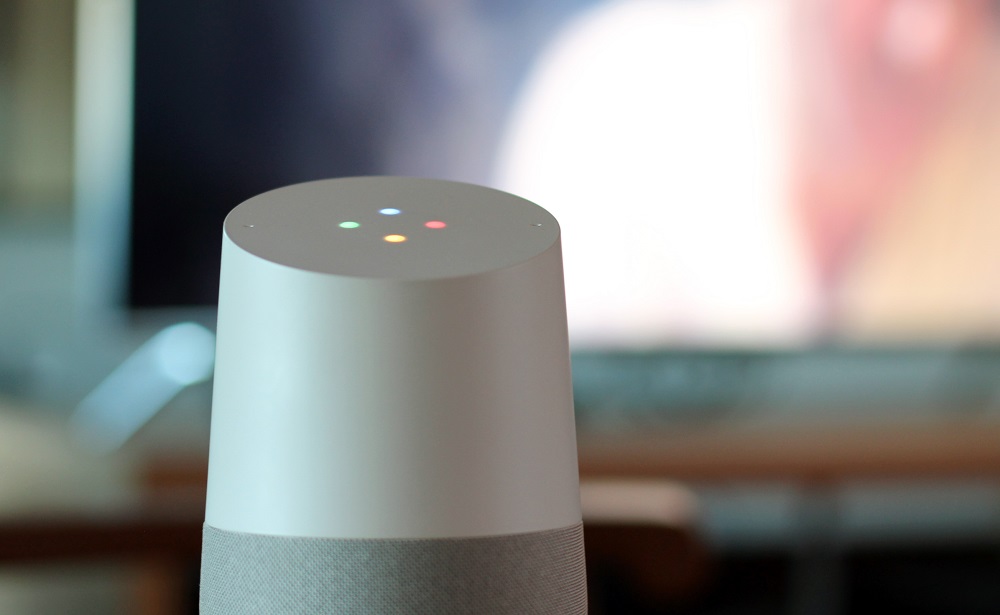 25 years of AI: from Alice to Google Assistant
25 years of AI: from Alice to Google AssistantAI Week Applications of AI have become both more frequent and more capable over the past quarter century – these are some development highlights
By Robert Jones
-
 Five ways AI could soon make you fitter and healthier
Five ways AI could soon make you fitter and healthierAI Week The boom in artificial intelligence might have tangible benefits for your health, wellbeing, bulging pecs and taut, firm buttocks
By Duncan Bell
-
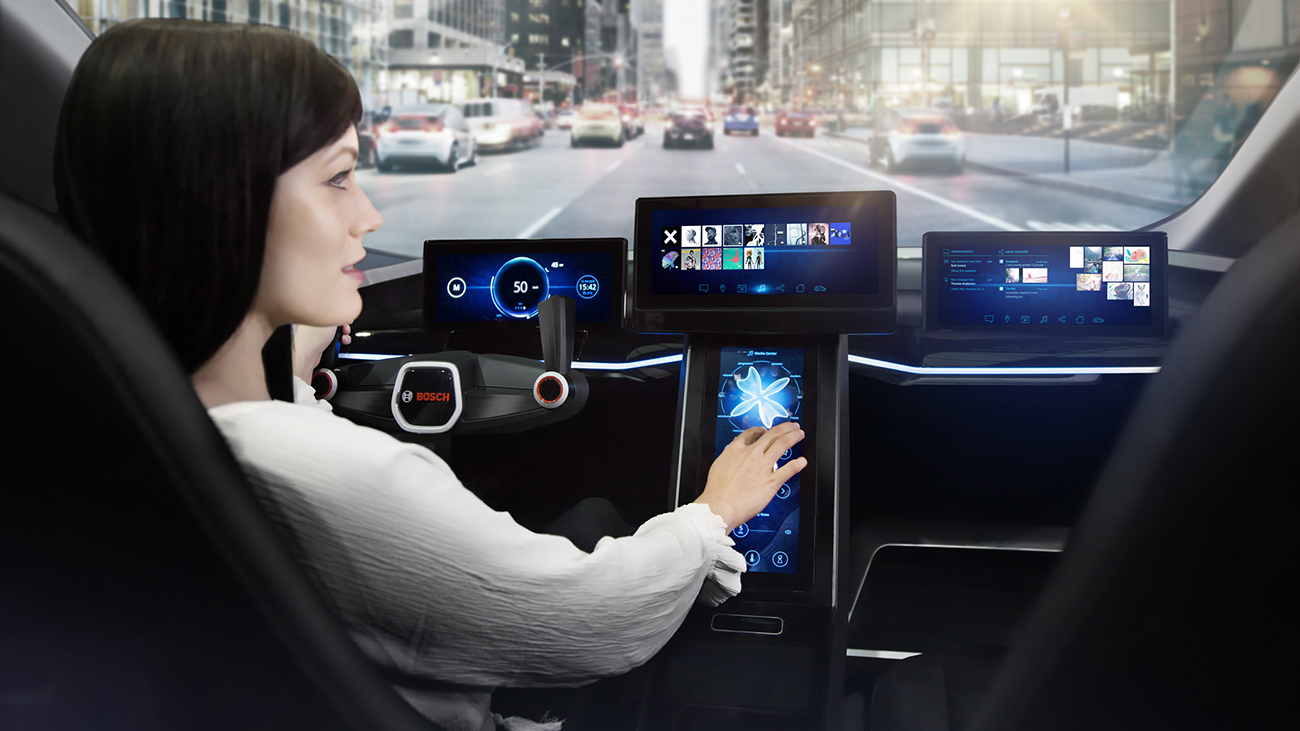 How AI powered cars will get you to your destination quickly, safely and stress-free
How AI powered cars will get you to your destination quickly, safely and stress-freeAI Week Artificial intelligence is about to make your commute a lot more enjoyable
By Spencer Hart
-
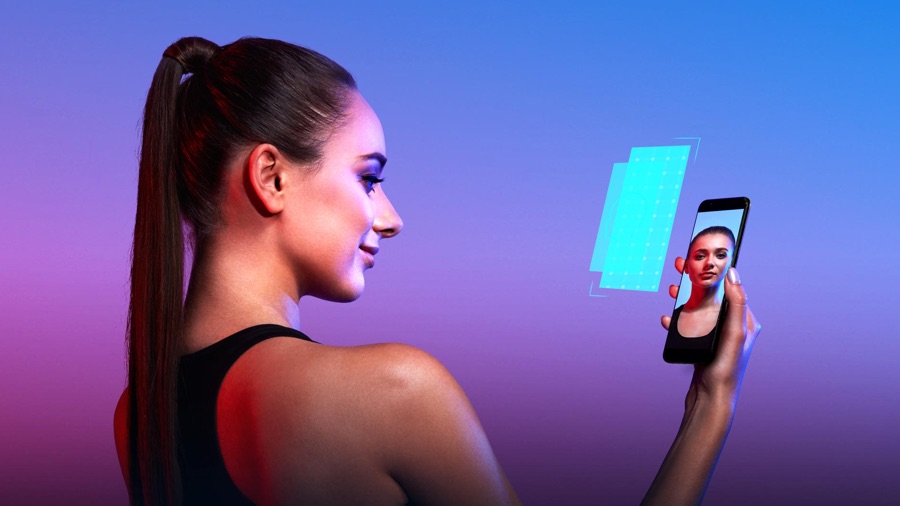 How Honor is harnessing the power of structured light to make your life easier
How Honor is harnessing the power of structured light to make your life easierSponsored Transforming the way we communicate, play and shop
By T3.com
-
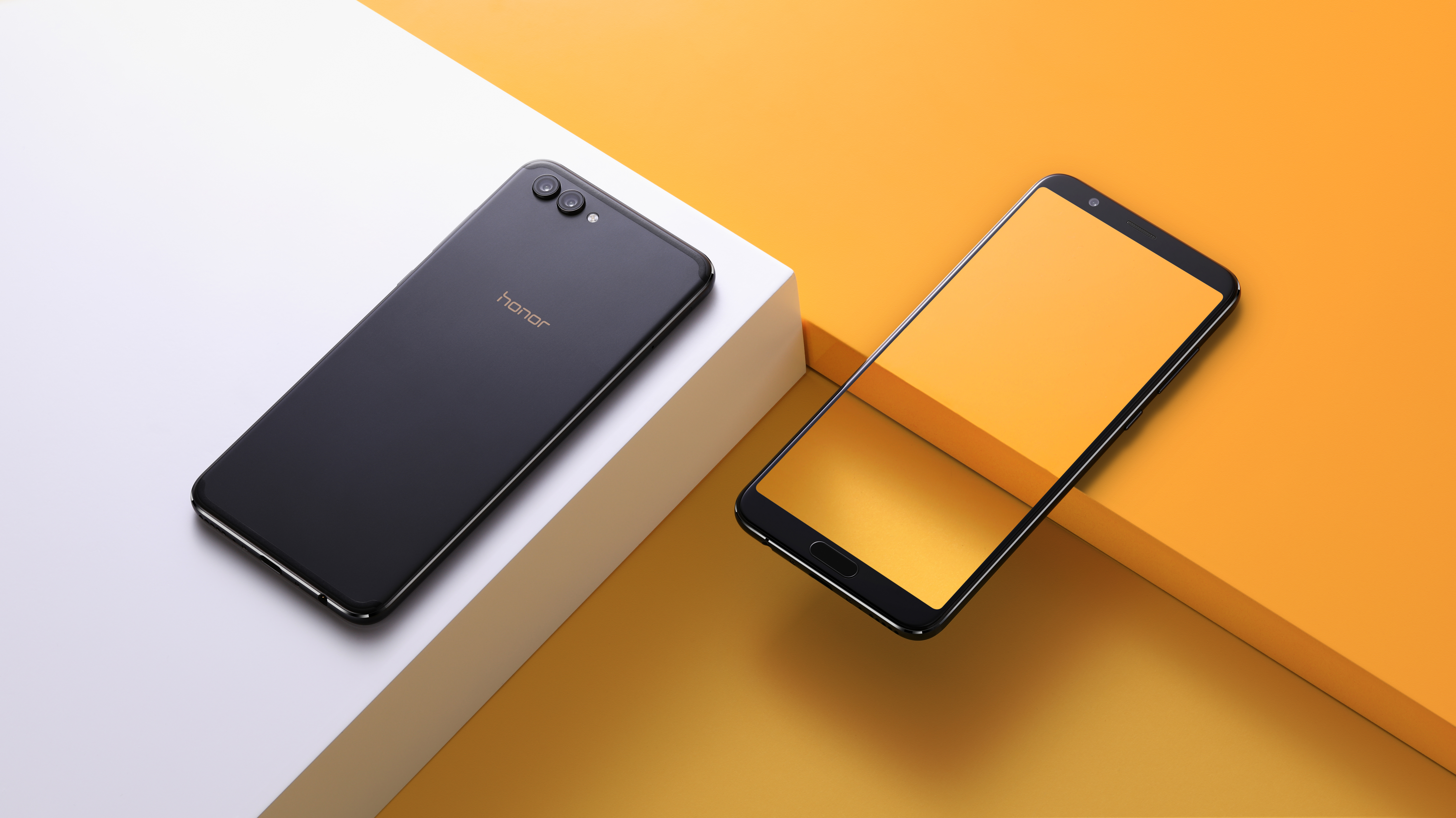 The future of smartphones is AI — and Honor is already there
The future of smartphones is AI — and Honor is already thereSponsored Say hello to the future: phones that are intelligent, not just smart
By T3.com
-
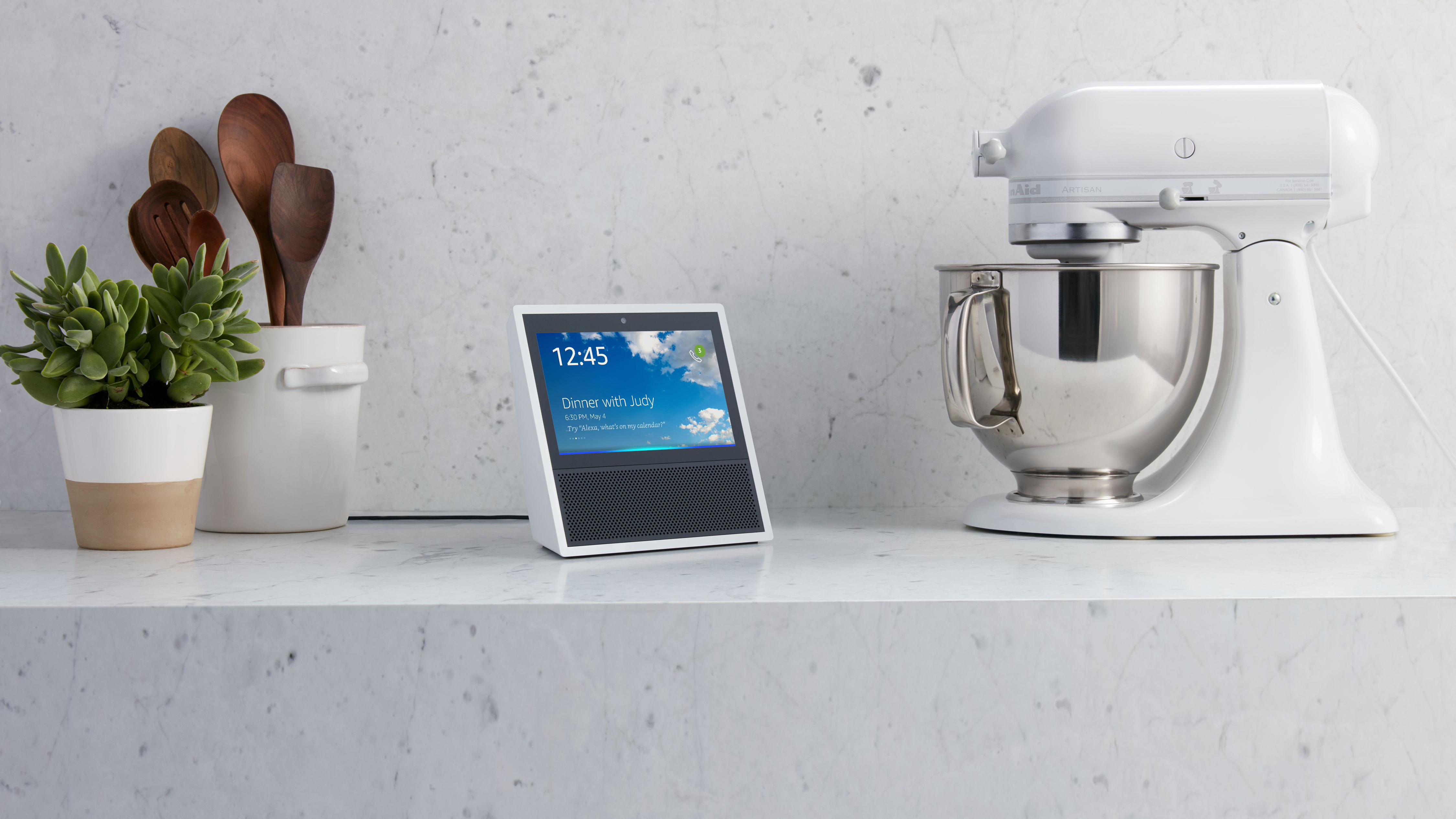 5 great AI-powered home devices that will improve your life today
5 great AI-powered home devices that will improve your life todayAI Week It’s time to make every home a smart home
By Duncan Bell
-
 Revealed: 5 amazing future technologies being developed in the Honor labs
Revealed: 5 amazing future technologies being developed in the Honor labsSponsored Forget smartphones: Honor’s imagining superphones
By T3.com

